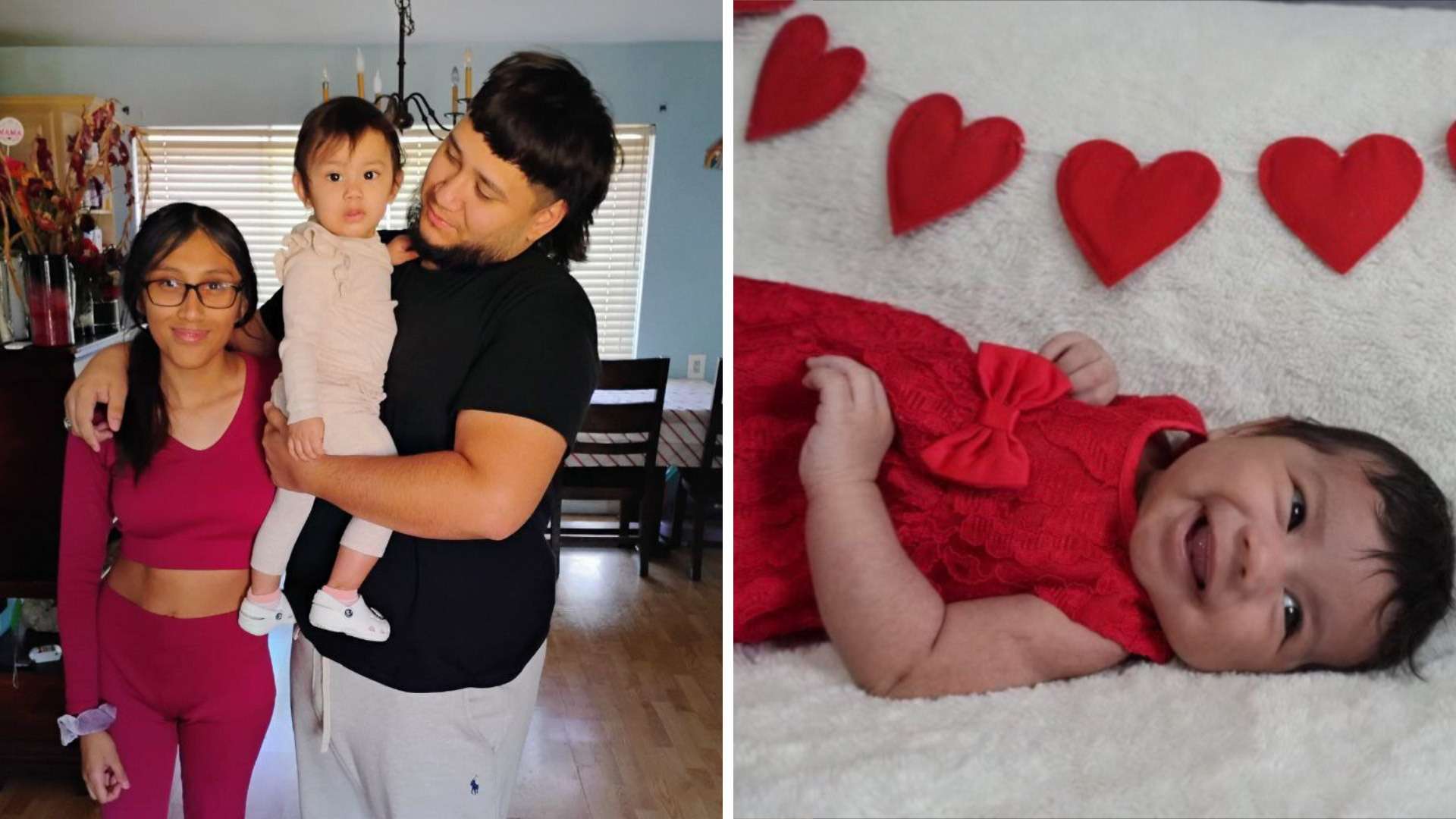Texas CPS Removes Baby Following Incorrect Diagnosis
On Christmas Eve of last year, Jacqueline Morales Boatright gave birth to her daughter Evelyn, facing a traumatic delivery that necessitated an emergency C-section. Although the birth was difficult, Evelyn survived despite appearing with some bruising and swelling. The Boatright family’s joy was unfortunately short-lived. About six weeks postpartum, they returned to the hospital when Evelyn began exhibiting concerning symptoms such as unusual twitches and vomiting. Alarmed, Jacqueline and her husband Juan brought their baby to Cook Children’s Medical Center in Fort Worth, Texas. Medical professionals assessed Evelyn and found no evidence indicating abuse or neglect, yet the situation took a troubling turn when additional imaging revealed small brain bleeds and an old partial rib fracture.
These findings spurred a hasty diagnosis of suspected child abuse by the radiologist, despite a lack of thorough consideration of Evelyn’s medical history or the circumstances of her birth. The Texas Department of Family and Protective Services (DFPS) acted on this diagnosis, leading to the Boatrights being separated from their daughter. Juan, feeling the heartbreak of being unjustly accused, described the quick judgment made against them without a proper investigation. The family sought legal representation, but their attempts to engage a medical expert to review the situation were initially blocked by the court. Faced with these challenges, the Boatrights’ relatives sacrificed personal possessions to fund an independent expert’s testimony, underscoring the desperate lengths they went to secure their daughter’s return.
Dr. Marcus DeGraw, a child abuse pediatrician hired by the Boatrights, provided critical testimony that child abuse should only be considered after excluding other potential causes, a point he emphasized in light of Evelyn’s birth-related injuries. However, this scientific insight was overlooked by the judge, whose ruling favored the child abuse narrative. The Boatrights continued to fight against this unfounded accusation amidst a bureaucratic system that seemed unmoved by their claims of innocence and the lack of evidence supporting abuse. The case, enveloped in confidentiality protections, faced considerable legal obstacles, leaving the family in limbo while their daughter remained in foster care.
In a turn of fate, after several frustrating months, the Boatrights finally secured an opportunity for a new hearing before a third judge. This hearing proved crucial, as Retired District Judge Randy Catterton evaluated testimonies from both DFPS personnel and independent medical experts. The case workers and physicians presented evidence, supported by expert opinions that highlighted the flaws in the initial abuse diagnosis. The testimony underscored that the rib fracture in question was prevalent in only a minute fraction of abuse cases and was frequently associated with birth intricacies, further challenging the foundational belief of abuse.
After reviewing all evidence, including the Boatrights’ expert testimonies demonstrating reasonable alternative explanations for Evelyn’s health issues, Judge Catterton swiftly ruled in favor of reunification. His decision to return Evelyn to her parents was made even without the need for final arguments, reflecting a stark contrast to the previous ruling that had deemed the family unfit. This significant verdict resonated with the Boatrights, who had endured months of limited visitation and emotional turmoil. Despite the hardships, their hopes for a reunified family remained steadfast throughout.
With Evelyn finally back home on November 14, the Boatright family eagerly anticipated their first holiday season together, allowing them the opportunity to celebrate her first birthday and Christmas as a complete family unit. The lengthy ordeal highlighted the potential for systemic failures within child protective services, where snap judgments can lead to devastating consequences for innocent families. It also exhibited the resilience of parents willing to fight for their child’s welfare and the necessity for thorough investigations involving alternative medical explanations before labeling a child as a victim of abuse. The Boatrights’ experience serves as a reminder of the critical balance needed between protecting children and ensuring their families are not unjustly torn apart.
Share this content:












Post Comment